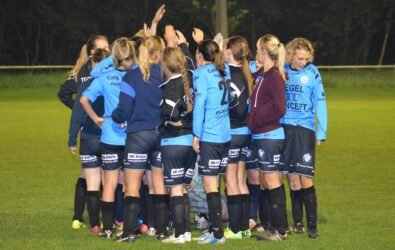Understanding the Desire to Compete in Teenage Athletes
The desire to compete drives teenage athletes to excel, but it can also cause pressure and anxiety. Coaches can harness this drive by fostering a balanced approach, developing mental toughness, and creating supportive environments. Effective management enhances performance and promotes long-term growth and well-being.



